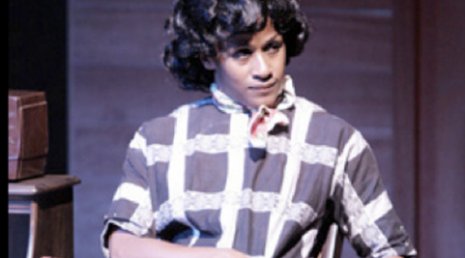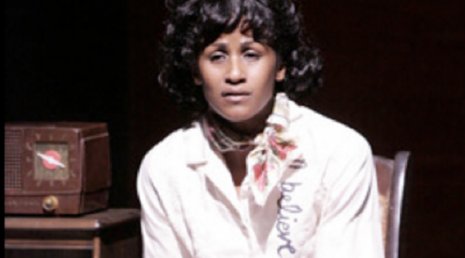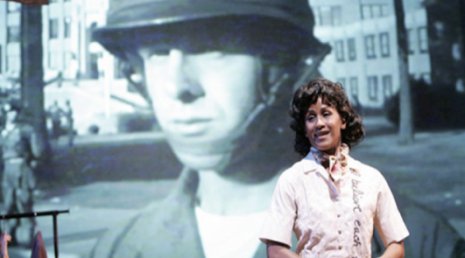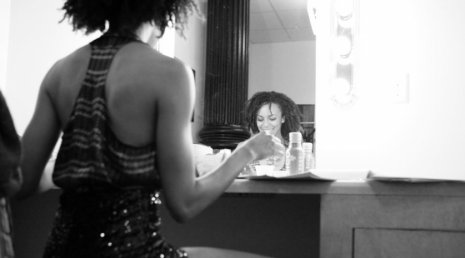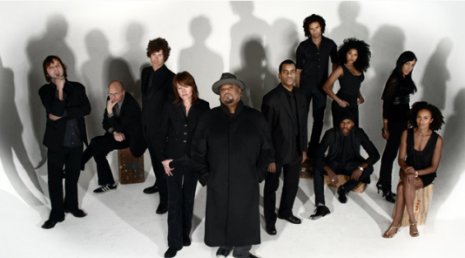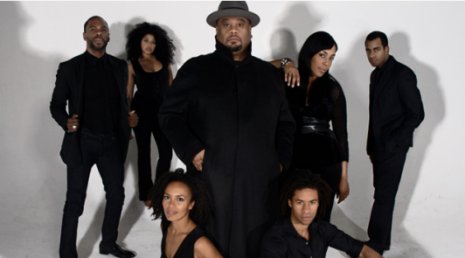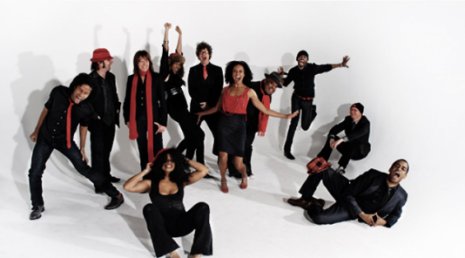Mythic Vision
1. Girl making space for self.
2. Two people trying to find love through letters, music, political engagement--but the routines of the body and the home elude them
3. I'll quote from my song "Something Else" to delineate this next myth: "I won't be taken by the stream / there's a current that keeps on coming for me / I'll stand in water I'll be that tree / and my roots will keep me free"
A mix of all three of course is recommended.
Recognizing the responsibility of how we make everything we perceive. Even if we don't remember doing it. It’s a crushing truth and it's the biggest power we've got. Love is the opposite of fear and once you drop into it no matter what you are covered. Nothing can scathe you.
It’s just like, totally just, aaaaaaah, like breaking through the Incredible Hulk shirt. Or planks that break and there’s light that comes through or something like that. Pain that is pulverizing and empowering somehow if you take it to the bridge.
Exactly! Like a diamond being made. You've got it.
Exactly--this is why Adrienne [Kennedy] and ntozake [shange] and Toi Derricotte telling their pain is what opens up space--and fights the power.
There is no better audience than a Hip Hop Theater Festival audience. There may be equals, but none better. They are alive, ready to engage and evolve. With Angela's Mixtape (and in Passing Strange), we could blur the line between band/DJ and cast.
Audience is the character you can't write. The audience is the protagonist. And sometimes the protagonist doesn't get what they want, but you hope that they at least have had a question asked, and have seen a task completed. Sometimes the completed task is the attempt to answer the question.
The protagonist sometimes needs to learn that they aren't the center of things all the time (this would be the effect of doing a hip hop theater piece at Lincoln Center). But there are remarkable nights in theatre when say, during the run of Passing Strange, we just couldn't get a rise out of anybody! And this is a rock and roll show! We would do our best Nathan Lane imitations both onstage and off but no one was budging, folks were just sleepy. And that's when you are truly in the service of theatre, truly worshipping at the temple, because you have to give your most and your purest without any energetic reciprocity. If you don't, you've completely violated the contract. The audience doesn't owe you anything. It's up to you to give. You can't control the audience. You can't control who sees your work how. All you can do is lead them as skillfully and kindly as you can into your world.
You can be cruel to be kind, and some of my work goes there. Being a woman writer you aren't expected to recognize testosterone, even though women have that hormone as well, and when you're black there's a whole ‘nother set of aesthetic Jim Crow laws within which you are supposed to develop narratives. So I think that kindness has infinite uses and applications--sometimes you have to cut through and shock, sometimes you have to embrace and soften.
Indigenous technologies, yes. My plays aren't easy. They aren't. Because I'm not easy. I'm not a ho.
Michael John Garcés teaches me a lot, every time I'm in his presence—his work with Cornerstone Theatre is the marriage of theatre and activism that we all can participate in as artists--telling stories is a political act. Kia Corthron identifies herself as an explicitly political writer but the fact is that that is an adjective in front of all of our names.
All the performers I’ve worked with, and particularly Garcés and Liesl Tommy as directors, have created my work for and with me. They are the imaginary family onstage who keep me honest and courageous. That's what theatre does for us, right? Allows us to be our true selves, makes us the ones we strive to be with our families? Theatre is a door that opens us into truth.
Ramp is an adaptation of one of the mother myths of civilization as we know it, the tale of Isis and Osiris. Many of our famous narratives, including Hamlet, come from the story of these deities. What makes a man kill his brother, and what keeps his sister from allowing herself or her son to fully avenge her beloved's murder? Osiris’ brother Seth shifted in ancient Egypt from benevolent deity to an evil one—so he wasn't always a villain, and surely didn't see himself that way. He just wants love. So the play takes those gods and imagines them as baggage handlers, workers on a ramp at an airport, and tries to peer into their lives as disgruntled siblings and unrequited lovers, either just trying to do their jobs or enact ecological revolution, respectively. Trying to be loved. It’s also about gaming. Seth designs a game that simulates global economic and environmental crises, and the kids who play it are able to find solutions that governments and scientists never could. Jane McGonigal is a great thinker when it comes to this--I thought I was the only one with this idea of gaming our way to ecological balance--and then discovered there was an entire community of game designers who are already working on this very topic.
Interruption is a big theme right now.


